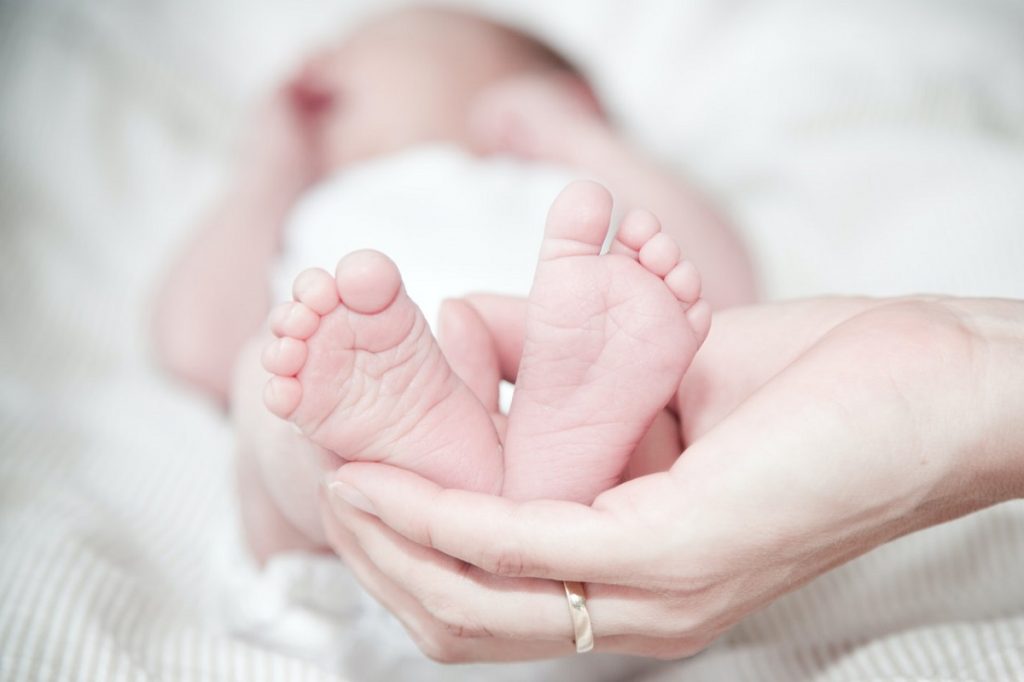Every expecting parent wants the best for their babies, especially for first-time parents. Shopping for a newborn feels like emotional cardio, where you get so overly anxious and pressured to have all the stuff your baby needs. Some even invest in the best natural baby products to ensure a healthy pregnancy and toddlerhood.
Before a child is even born, parents create a baby registry by filling it with baby essentials. They get extremely overwhelmed and excited that they will throw anything they “think” their child needs. While preparing for the coming of a newborn is certainly an exciting time for expecting parents, it’s important to consider the things the baby actually needs instead of blindly buying random baby items.
The problem with baby registries is we get too caught up in marketing campaigns about “baby necessities” that aren’t actually necessary. These ads can get you thinking that these items will help you survive with your baby. While some items are nice to have, we hate to admit that we can still survive without those things. If you’re on a tight budget, it’s important to carefully consider what goes in and out of the baby registry.
To help you discern between baby necessities and needless items, we’ll break down the baby items you don’t need to spend money on.
Bedding and crib bumper
While they’re nice to look at, the American Academy of Pediatrics (AAP) strongly suggests not to get them for your babies. For the baby’s safety, the AAP is against the use of blankets and bumpers in the crib. These items pose serious threats to the baby by causing suffocation or Sudden Infant Death Syndrome (SIDS), the sudden and unexplained death of infants in their cribs.
The same goes for blankets and other clutter. If you’re throwing a baby shower or a gender reveal party, chances are, your friend or family will get them for you. You’ll even end up having several of them that you won’t end up using.
Changing table
Some moms love the idea of owning a changing table, where they can easily change their baby’s pad. In reality, a changing pad is a more practical option as it saves more time and money. A mobile changing pad allows you to replace a baby’s diaper in any area of the house—on the couch, bed, and floor. A changing table is just a big-ticket item that will cause unnecessary clutter.
Infant bathtub
Here’s another item you may be looking forward to using but is still unnecessary. Remember that the newborn stage will only last for three months, and the required bathing frequency for the baby is once a week. This means an infant bathtub is worth only 12 uses before chucking them in the storage.
A more practical option is to get a regular-sized baby bathtub. You’ll likely use it for several months or even a year until the baby is ready to use the family bathroom.
Newborn clothes

Newborn clothes are irresistible buys for any expecting parent. Who doesn’t love those teeny, tiny clothes? The truth is, they may look cute on your baby, but they will immediately outgrow those clothes before they’re even born. A safer option is to buy clothes for zero to three months of age.
When buying baby clothes, remember that the infancy stage is a very brief period. Babies outgrow clothes very quickly than you might imagine.
Booties and shoes
New moms, especially the fashionable ones, often feel tempted to dress up their babies in a full outfit. They stash booties and shoes in the hospital bag for the baby’s first newborn clothes.
A pair of socks is enough for a newborn baby to keep their feet warm. A newborn is too young to walk in their shoes. The same goes for booties which can only cause discomfort and distraction. The only good thing about them is they’re adorable to look at. Apart from that, booties and shoes are unnecessary in the first few months of the baby’s life.
White noise machines
Most parents buy white noise machines to help their babies fall asleep. In fact, there’s also “pink noise,” “brown noise,” and many other products designed to make babies sleep.
The truth is, white noise machines cause potential harm to babies by inflicting damages to their sense of hearing. They can sometimes exceed the required noise limits for babies.
When it comes to buying baby products, it’s easy to feel pressured about buying many items. In the end, what’s important is to prioritize the quality of the product and your baby’s safety and unique needs. If you have a hard time deciding, don’t rush yourself into buying. Be slow and strategic to allow your brain to process your purchases and decide which ones you really need.

